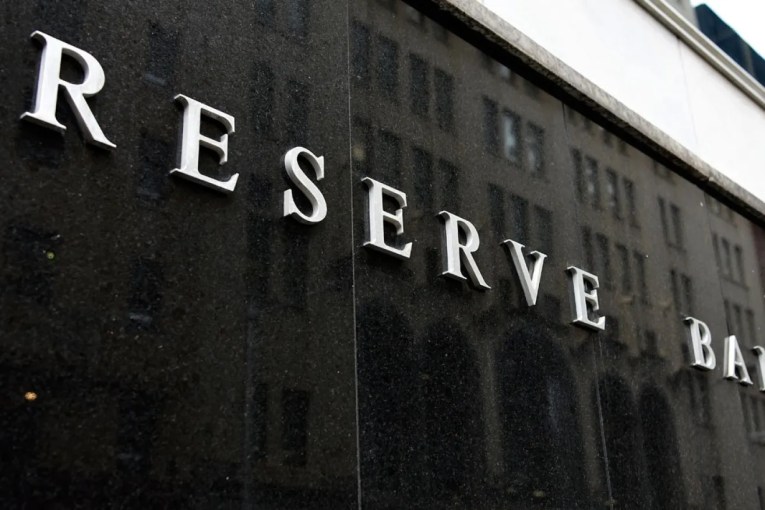2024 is the year to ‘stabilise’ your mortgage as interest rates steady


Economists believe interest rates have peaked, but it's not time to bank on cuts just yet. Photo: TND
Australians are being warned against budgeting for interest rate cuts too soon as the prospect of an extended pause in mortgage bills begins to shift focus towards how banks will respond.
The cash rate target has been on hold for two months and most economists state that monetary policy has peaked, with rate cuts expected to be the next move.
It is not clear when rates will be cut.
RateCity research director Sally Tindall warns that even when rates are cut, major banks could be reluctant to pass on the full relief to families.
RateCity has analysed how the big four banks have responded to rate cuts over the past decade and found they often fail to pass on cuts, despite the RBA announcing mortgage relief.
Of the 10 cash rate cuts in the past decade, Commonwealth, NAB and ANZ have passed on just four (40 per cent) in full, while Westpac has passed on just two in full, though it did hand down a slightly larger cut than the RBA in February 2015.
Tindall said Australians should avoid including rate relief in their budgets for the year ahead until it actually hits bank accounts, and also hold lenders accountable by negotiating the best deal.
“I do think the banks will play ball for the first cut, maybe even for the first few,” Tindall said.
“[But] the more cuts we see the less likely they are to pass them on in full.”
‘Stabilise’ your mortgage
Dawn Thomas, a senior financial advisor at TWD, said borrowers should think about 2024 as an opportunity to “stablise” their budgets now that rates are unlikely to increase.
She said a lot of families have run down emergency savings to meet repayments over the past year, so now isn’t the time to bank future rate cuts as an opportunity to increase spending.
“This is a reset year, it’s about catching up,” Thomas said.
“If rates do come down, you can continue the same repayments so you’re creating more of a buffer in your loan.”
Thomas said borrowers should put themselves in the best position to refinance when rates start falling by getting ahead on repayments now if possible.
“If you can move the dial on your mortgage commitment it will flow through to the rest of your financial position,” Thomas said.
At the very least you’ll want to ensure you have a loan to equity ratio of at least 20 per cent, which will make it much easier to find a better deal because you won’t need lenders insurance.
There have been some moves in the home loan market already, with Macquarie Bank cutting some of its variable home loan rates in a move designed to grow its loan book.
Tindall said Australians should be aware of what the best rates in the market are and, crucially, what their existing lender is offering new customers, so they’re in the best position to negotiate.
“If you’re on a variable rate it is your right to pick up the phone as regularly as you would like to negotiate,” Tindall said.
“Don’t let a no stop you from calling.”
Savings rates to fall faster
While banks are likely to be sluggish to pass on the full relief from rate cuts, one thing they’re going to be more active on is reducing savings rates.
Tindall said the big banks continue to “pick and choose” which accounts have delivered better returns for savers as the cash rate target has risen, a strategy that has ultimately worked for them.
And now there are a “couple of small and notable changes” at the top end of the market, with the best rate available falling from 5.65 per cent to 5.5 per cent recently.








